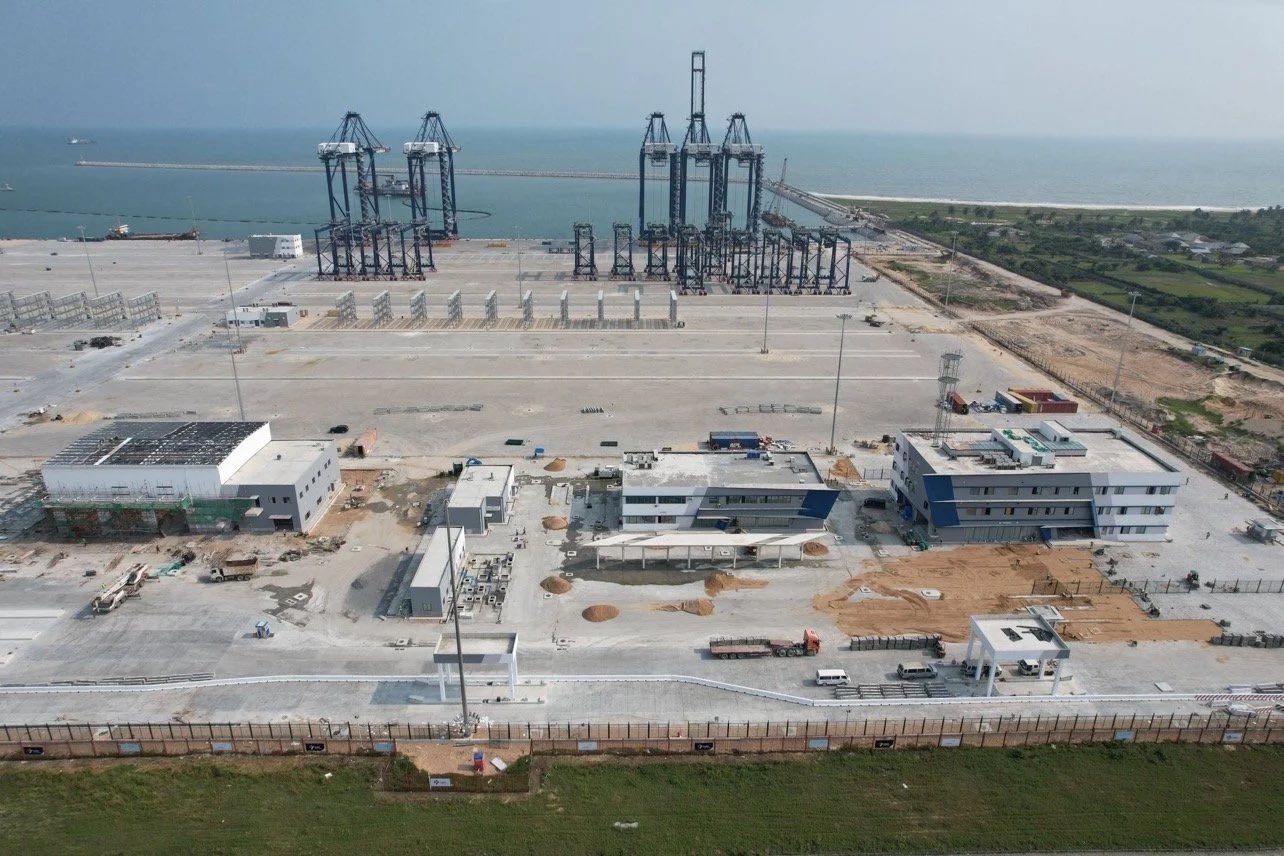Investment
Nigerian Investors Petitions Kenya Courts to Release Funds Held in Several Bank Accounts
2,000 Nigerian investors demanding the release of Ksh 1.44 billion ($1.8million) held by Safaricom and four other banks in Kenya.

Treasury Bills
Investors Flock to Nigerian Treasury Bills, Subscriptions Soar to N23.75 Trillion
Investment
A.P. Moller-Maersk Pledges $600m Investment in Nigerian Ports
Investment
Minister Accuses Past NCDMB Leadership of Squandering $500m on Unproductive Projects
-

 Forex3 weeks ago
Forex3 weeks agoZiG to the Rescue: Zimbabwe Shifts Gear with New Currency Backed by Gold
-

 Naira3 weeks ago
Naira3 weeks agoDollar to Naira Black Market Today, April 9th, 2024
-

 Billionaire Watch3 weeks ago
Billionaire Watch3 weeks agoNigerian Billionaire Tony Elumelu Contemplates Acquiring NPFL Club
-




 Naira3 weeks ago
Naira3 weeks agoDollar to Naira Black Market Today, April 8th, 2024
-







 Naira3 weeks ago
Naira3 weeks agoNaira Hits Eight-Month High at 1,120/$ Amidst Central Bank Reforms
-





 Naira2 weeks ago
Naira2 weeks agoDollar to Naira Black Market Today, April 17th, 2024
-







 Naira2 weeks ago
Naira2 weeks agoDollar to Naira Black Market Today, April 18th, 2024
-





 Naira4 weeks ago
Naira4 weeks agoDollar to Naira Black Market Today, April 1st, 2024
























